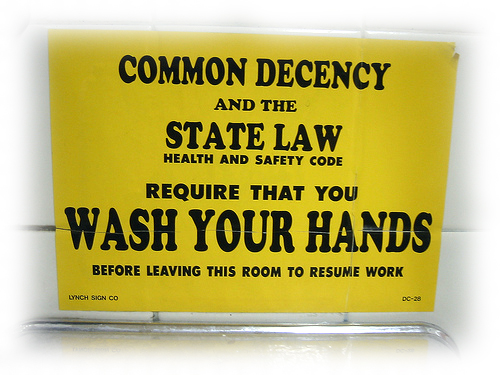Posts Tagged ‘unintended effects’
An energy crisis plagues the Western world. Diminishing supplies and increasing transportation costs are driving up prices. Fuel sources are drying up. Many fear that the current way of life will become unsustainable. Families spend escalating proportions of their income on simple amenities such as heating their homes.
The previous paragraph may accurately depict the modern world. However, it was written about Europe in the sixteenth century. In Before the Industrial Revolution,  Carlo Cipolla explains that timber remained the primary fuel of Europeans until the late 1600s. Only when coal was increasingly used as a substitute did timber prices began to diminish. So why did the Europeans wait so long to start burning coal? The answer is that at low prices it simply wasn’t worth the time or effort to extract the coal from the ground. When timber prices rose, coal sellers could undercut the price and still make a profit. This is the law of supply–as the price increases, more people are willing to supply a good.
Carlo Cipolla explains that timber remained the primary fuel of Europeans until the late 1600s. Only when coal was increasingly used as a substitute did timber prices began to diminish. So why did the Europeans wait so long to start burning coal? The answer is that at low prices it simply wasn’t worth the time or effort to extract the coal from the ground. When timber prices rose, coal sellers could undercut the price and still make a profit. This is the law of supply–as the price increases, more people are willing to supply a good.
High oil prices lead to talk about increased consumer costs and windfall producer profits while the most promising aspect is often ignored. Necessity is indeed the mother of invention (and innovation). The resolution to our generation’s fuel problems will most undoubtedly be the same solution as four centuries ago: the development of new energy sources. The need to develop new energy wasn’t there when oil was relatively cheap. High oil prices incentivize the development of new competitive energy sources and methods.
“My boss can’t find anything without me.”
“He’s a slob–his mother constantly cleaned up after him.”
“I can’t spell–I’ve got spell-check.”
Simply put, economics is nothing more than the study of decision making. Whether we’re car shopping, eating out, or contemplating stealing, part of us asks “What will this really cost me?” This implies that weaker punishments lead to more crime, but what about incentives involved in everyday bad behavior?
 Housekeepers reduce the cost of untidiness; so those who use these services are messier than they would be without them. Similarly, spell-check reduces the cost of misspellings; while administrative assistants maintain the incentive for the big boss to remain unorganized. The stakes can get larger, however.
Housekeepers reduce the cost of untidiness; so those who use these services are messier than they would be without them. Similarly, spell-check reduces the cost of misspellings; while administrative assistants maintain the incentive for the big boss to remain unorganized. The stakes can get larger, however.
In The Armchair Economist, Steven Landsburg suggests that safety regulations (seatbelt laws, mandatory air bags, etc.) increase the number of accidents. He argues that the cost of driving carelessly is lowered in terms of expected injury or death. Likewise, competent nurses diminish the costs of doctors making mistakes, leading to more errors. Birth control reduces the cost of unprotected sex, thereby increasing its frequency.
What about those who never had the incentive to learn how to be good drivers, competent doctors, or responsible sexual partners? Much like spell-check users on a handwritten exam, when these individuals leave their coddled environment, they cannot simply switch to demonstrating good behavior because they never learned good habits in the first place. Once they lose their safety nets, the potential damage they can inflict greatly increases.

 machines purposely cost more to users by requiring more time per sheet. Because of the higher price, the restroom operator knows that fewer towels will be taken per wash. As fewer towels are consumed, less restocking occurs, and eventually the room operates at a lower cost.
machines purposely cost more to users by requiring more time per sheet. Because of the higher price, the restroom operator knows that fewer towels will be taken per wash. As fewer towels are consumed, less restocking occurs, and eventually the room operates at a lower cost.